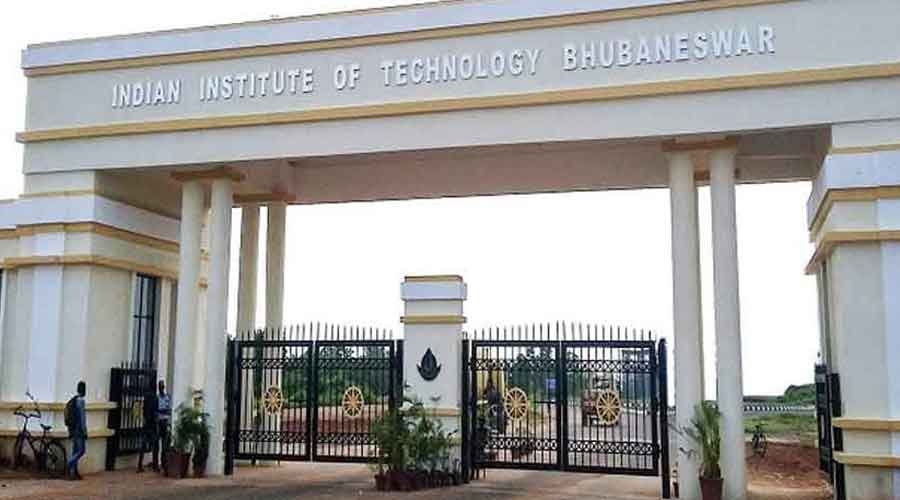The result was announced on September 2 and the award would be given to IIT Bhubaneswar in a separate function to be organised in New Delhi soon, officials said
Bhubaneswar: IIT Bhubaneswar has bagged the innovation award at the Green Charcoal Hackathon, a technology challenge organised by the National Thermal Power Plant and Energy Efficiency Services Ltd.
The result was announced on September 2 and the award would be given to IIT Bhubaneswar in a separate function to be organised in New Delhi soon, officials said.
The Green Charcoal Hackathon event is aimed at bridging the technology gap with the prime objective to clean the air by eliminating farm fire, to produce renewable energy from agro residues, to promote local entrepreneurship, and to increase the income of the farmers.
Speaking about the distinctive achievement, Prof. R.V. Raja Kumar, Director, IIT Bhubaneswar, said each faculty member of the institute should strive to foster innovative thinking and creativity among their students, in classrooms, laboratories and beyond.
He reiterated that the institute feels proud by constantly raising the standards on all fronts including internationalisation of academic programmes, international collaborations on research of high industrial and societal relevance.
The award winning team, Dr Remya Neelancherry, Shardul Narde (MTech student) and Neha Shukla (research scholar) designed a microwave torrifier and pelletizer plant to produce 100kg per day of charcoal from rice straw, one of the agricultural residues.
The team presented the complete process and instrumentation of microwave torrifier, torrefaction operation details and business model canvas. The designed technology is capable of converting agro residue to charcoal at a faster rate compared to conventional method. In addition, the charcoal pellets obtained from the process showed heating value comparable to that of coal, a press release issued by the IIT said.
Along with this stunning achievement, the team will also receive financial assistance from NTPC for the development of machine prototype on the basis of mutually accepted terms and conditions.

